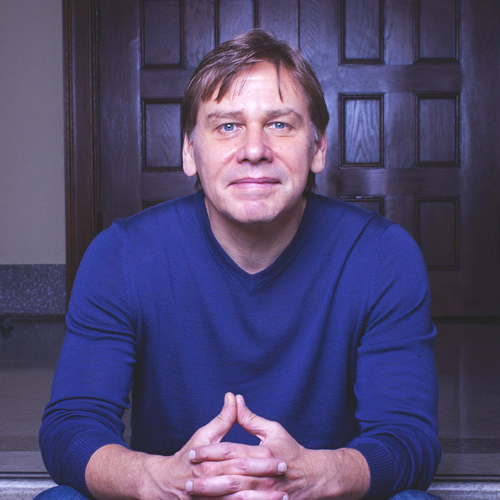As a speaker, I have the opportunity to travel around the country meeting people – and I truly love people. I am the annoying person who wants to talk with you and look at your pictures of your dog and your babies. It is one of the joys of being in the speaking business. When I ask people how they are doing, I usually get a quick, “I’m fine.” But then I follow up. “So work is good? Family is good?” When my new friends become comfortable and begin to open up, invariably the answer I get is, “I’m stressed.” Stress seems to be endemic, and what I’ve found is that, for a lot of people, underneath all the stress is a blanket of shame.
The Merriam-Webster Dictionary defines shame as “a condition of humiliating disgrace or disrepute.” People who experience shame may feel worthless, embarrassed, and humiliated. A study conducted by British clinical psychologist, Paul Gilbert, explored the associations between shame, depression and social anxiety from the perspective of social rank theory. Social rank theory argues that emotions and moods are significantly influenced by the perceptions of one’s social status/rank; that is the degree to which one feels inferior to others and looked down on. A common outcome of such perceptions is submissive behavior which often leads to depression, addiction and stokes fear.
Studies show that when we feel ashamed, we turn our attention inward, focusing mainly on the emotions roiling within us and attending less to what is going on around us. In her book, Daring Greatly Brene’ Brown writes, “We all have shame. We all have good and bad, dark and light inside us. But if we don’t come to terms with our shame, our struggles, we start believing that there is something wrong with us – that we’re bad, flawed, not enough – and even worse, we start acting on those beliefs.” In my case, my shame was driven by my fear of coming out and my experiences with poverty and fearing homelessness. This led to an overwhelming fear of almost everything, especially fear of loss – loss of my financial well-being, loss of the people in my life whom I loved most, and worst of all loss of myself. When I reached that point I struggled with feeling capable or even worthy of achieving my dreams. This all led to negative coping mechanisms including alcoholism and addiction. Ultimately, I crashed and burned and had to start over at the age of thirty-three. My experiences with overwhelming fear, alcoholism and addiction, and my feelings of regret for not coming out to my dad sooner prompted me to write Sunday Dinner, Moonshine, and Men.
We as individuals carry our trauma into every situation, no matter where we go, including our communities and our workplaces. And it’s not just people in the community or the average worker who suffers from shame, it’s the leaders in our communities and businesses as well. The collective impact of shame is real. One of my favorite quotes by Peter Sheahan is, “ The secret killer of innovation is shame. You can’t measure it, but it is there.” This obviously has a dire effect on public policy as well as business innovation.
So what is the solution? Looking back over my life, it seems the same principles that I learned as a little boy in Sunday school: Do unto others as you would have them to do unto you and Love thy neighbor as thyself, kept re-emerging at different times to guide me. When I taught Ethics to Communications students at the university level, I taught them the simple principles of the fiduciary, someone who is entrusted to benefit another. The duties of the fiduciary are: Obedience (honesty), Loyalty, and Care. Essentially, a fiduciary does what he says he will do, for the benefit of another. Finally, in the twenty-four years that I’ve been in alcohol recovery, I’ve learned that Rigorous Honesty and Service to Others are the best approaches to not only maintain my sobriety, but also to shed my shame and restore my resilience. For my own benefit, and for that of my audiences, I have combined all of these teachings into an easy to remember acronym – HEALS:
Honesty
Empathy
Acceptance
Love
Service to Others
I truly have come to believe that “There is power in the truth and strength in goodness.” By understanding and adopting this approach to life, I have developed a superpower – Humility. The word humility is often misunderstood. Dr. Daryl Van Tonegren wrote, “Humiliation and humility are quite different despite having the same root word.” Humility comes from a place of honesty, both with yourself and with others. Modern science has revealed that humility – true, authentic humility – is a secure openness to the world where we can be honest and open about our strengths and limitations. Humility is a way of approaching ourselves and the world around us with a sense of “enoughness” – unconditional worth and value that opens us to the world as it is. This empowerment gives us our weapon against shame.
© Copyright 2023 Michael “Tate” Barkley

